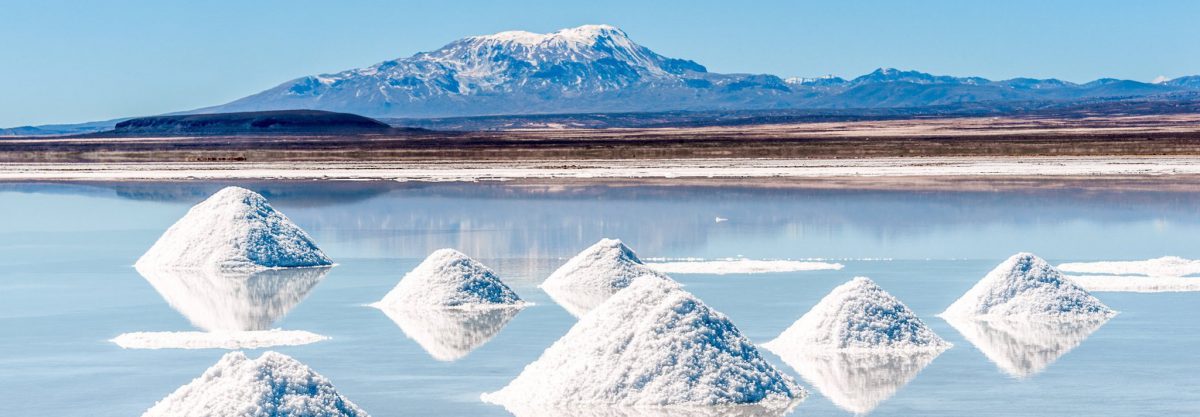This is my reply to Participatory Rule-Making.
Last semester in 11.021, Environmental Law, Policy, and Economics, we discussed and had to write a paper on the merits, or lack there of, in using Negotiated Rule-Making as a means to promulgate policy. I have attached my paper below that expresses the history of how negotiated rule making came about in the EPA and some case studies on the issue. Unfortunately, looking back at the essay, I believe that I could have done a better job in writing and expressing my view points, but I will leave it here for review.
There is a belief that NRM causes the people to be more trusting of their governments, however, even if this were to be true, in the US it has not been implemented that often and has more often than not led to less affective policy.
I’ll leave the paper I wrote here for public review and comment.
Negotiated Rule making
